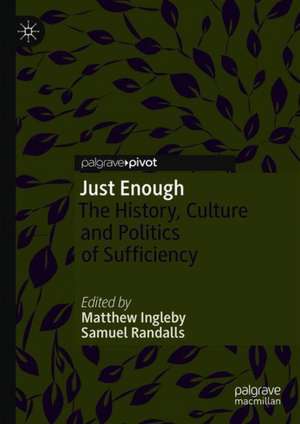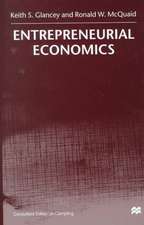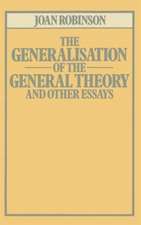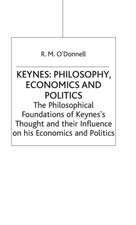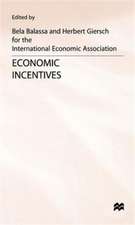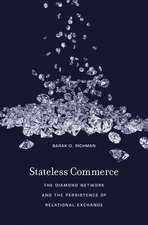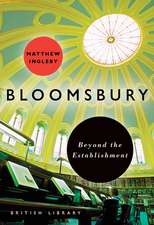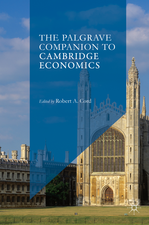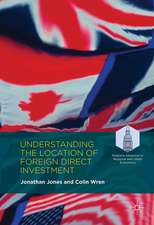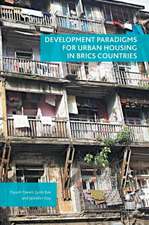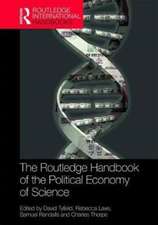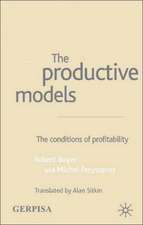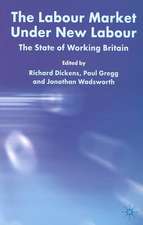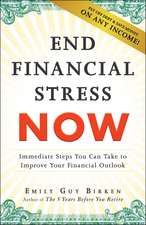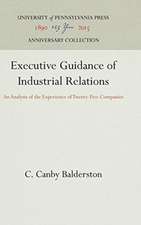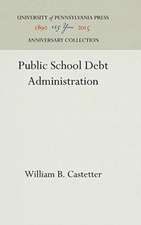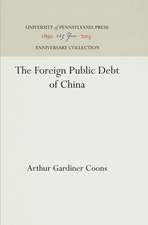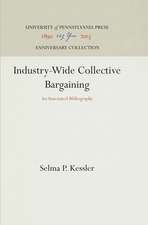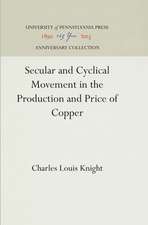Just Enough: The History, Culture and Politics of Sufficiency
Editat de Matthew Ingleby, Samuel Randallsen Limba Engleză Hardback – oct 2018
This book fosters a wide-ranging and nuanced discussion of the concept of ‘enough’. Acknowledging the prominence of notions of sufficiency in debates about sustainability, it argues for a more complex, culturally and historically informed understanding of how these might be manifested across a wide array of contexts. Rather than simply adding further case studies of sufficiency in order to prove the efficacy of what might be called ‘finite planet economics’, the book holds up to the light a crucial ‘keyword’ within the sustainability discourse, tracing its origins and anatomising its current repertoire of usages. Chapters focus on the sufficiency of food, drink and clothing to track the concept of 'enough' from the Middle Ages to the 21st century.
By expanding the historical and cultural scope of sufficiency, this book fills a significant gap in the current market for authors, students and the wider informed audience who want to more deeply understandthe changing and developing use of this term.
Preț: 417.52 lei
Nou
Puncte Express: 626
Preț estimativ în valută:
79.89€ • 83.58$ • 66.37£
79.89€ • 83.58$ • 66.37£
Carte tipărită la comandă
Livrare economică 02-16 aprilie
Preluare comenzi: 021 569.72.76
Specificații
ISBN-13: 9781137562098
ISBN-10: 1137562099
Pagini: 131
Ilustrații: VI, 137 p.
Dimensiuni: 148 x 210 x 18 mm
Greutate: 0.33 kg
Ediția:1st ed. 2019
Editura: Palgrave Macmillan UK
Colecția Palgrave Pivot
Locul publicării:London, United Kingdom
ISBN-10: 1137562099
Pagini: 131
Ilustrații: VI, 137 p.
Dimensiuni: 148 x 210 x 18 mm
Greutate: 0.33 kg
Ediția:1st ed. 2019
Editura: Palgrave Macmillan UK
Colecția Palgrave Pivot
Locul publicării:London, United Kingdom
Cuprins
Part I.- 1.Introduction- Samuel Randalls and Matthew Ingleby.- 2. Enough: A Lexical-Semantic approach- Kathryn Allan.- Part II.- 3. Enough-ness in the later Middle Ages- Hannah Skoda.- 4.Daily Bread: Ideas of Sufficiency in Early Modern England- Ethan Shagan.- Part III.- 5. Sufficiency and Simplicity in the Life and Writings of Edward Carpenter- Wendy Parkins.- 6.‘These are the cases who call themselves “moderate drinkers,” because they are never seen embracing a lamp-post.’ The problem of moderate drinking in nineteenth- and early twentieth-century Britain- James Kneale.- Part IV.- 7.Fashion acolytes or environmental saviours? When will young people have had ‘enough’?- Rebecca Collins.- 8. What would a sufficiency economy look like?- Samuel Alexander.
Notă biografică
Matthew Ingleby is a Lecturer in Victorian Literature at Queen Mary, University of London. His previous published works include G.K. Chesterton, London and Modernity (Bloomsbury 2013), Bloomsbury: Beyond the Establishment (British Library Publishing, 2017) and the upcoming Coastal Cultures of the Long Nineteenth Century (Edinburgh University Press, 2018). His research focuses on the cultural meditation of urban and coastal space in the nineteenth century.
Samuel Randalls is a Lecturer in Human Geography at University College London and has previously co-edited a four-volume reader on Future Climate Change (Routledge, 2012) and the Handbook of the Political Economy of Science (Routledge, 2017). His research focuses on the historical, contemporary and future relationships between environments, businesses/economics and science.
Textul de pe ultima copertă
This book fosters a wide-ranging and nuanced discussion of the concept of ‘enough’. Acknowledging the prominence of notions of sufficiency in debates about sustainability, it argues for a more complex, culturally and historically informed understanding of how these might be manifested across a wide array of contexts. Rather than simply adding further case studies of sufficiency in order to prove the efficacy of what might be called ‘finite planet economics’, the book holds up to the light a crucial ‘keyword’ within the sustainability discourse, tracing its origins and anatomising its current repertoire of usages. Chapters focus on the sufficiency of food, drink and clothing to track the concept of 'enough' from the Middle Ages to the 21st century.
By expanding the historical and cultural scope of sufficiency, this book fills a significant gap in the current market for authors, students and the wider informed audience who want to more deeply understandthe changing and developing use of this term.
Caracteristici
Explores concepts of enough and sufficiency historically and culturally. Focuses on topics from medieval sufficiency to contemporary austerity that all cohere around their engagement with the concept of enough. Challenges contemporary debates on sustainability to think critically about concepts such as enough and sufficiency.
